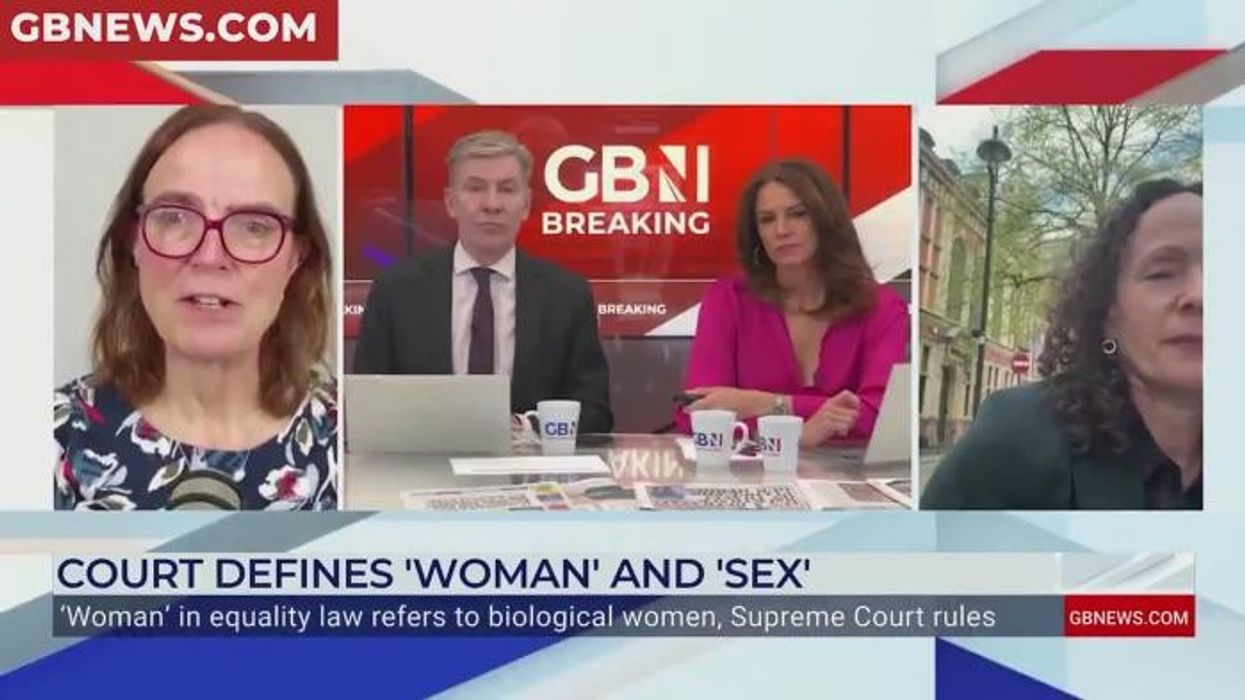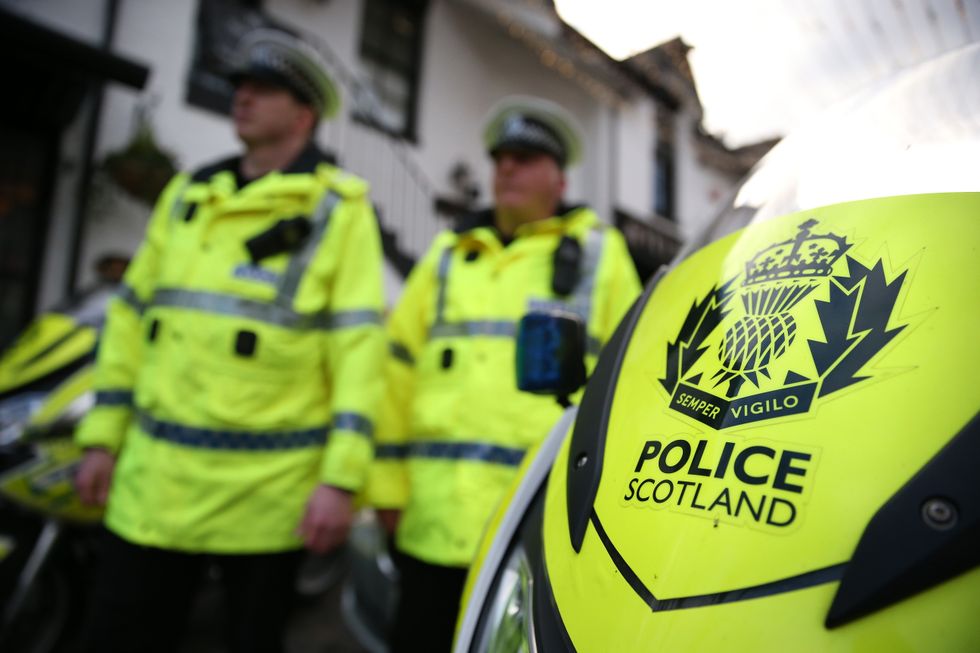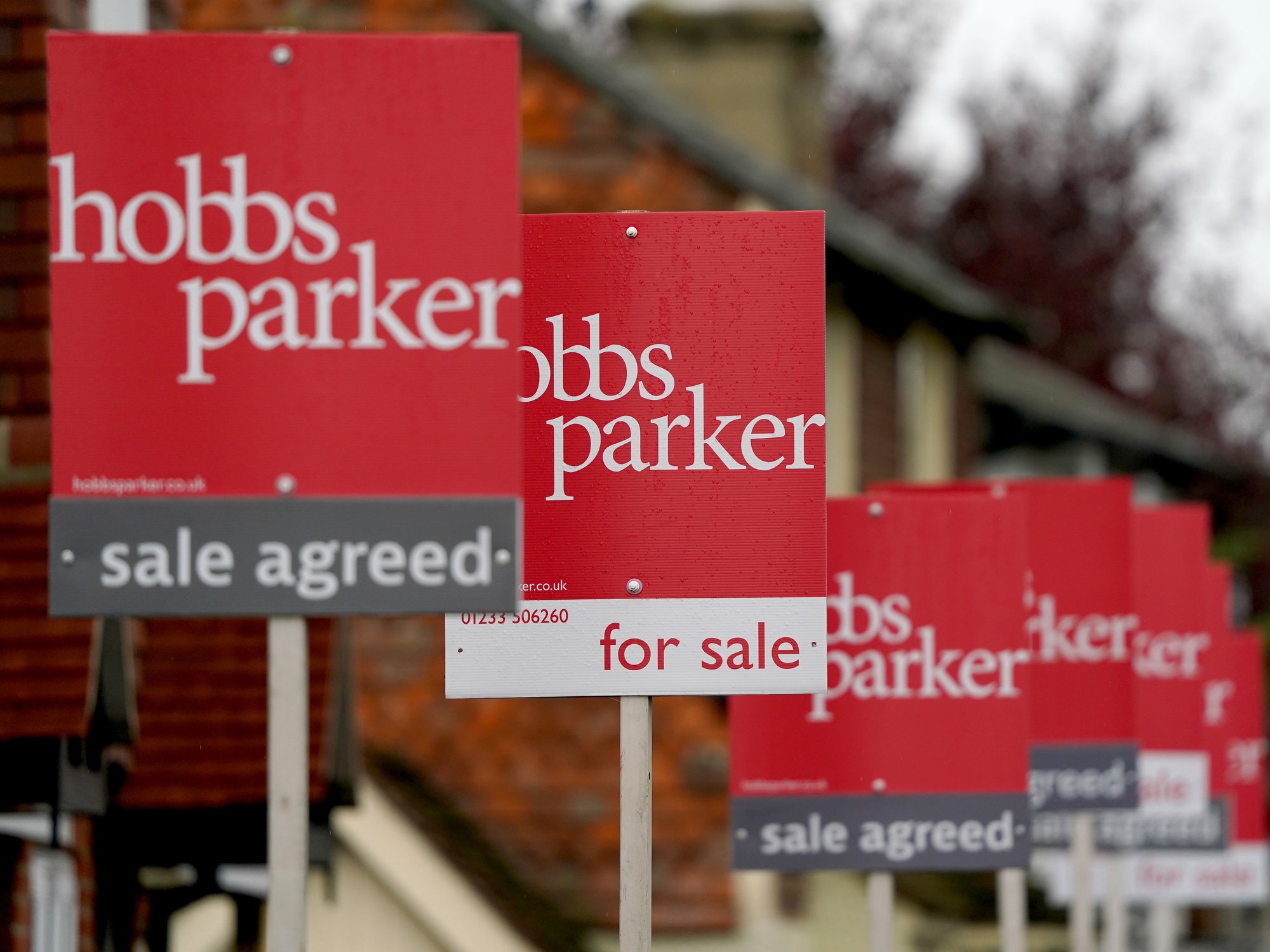Police Scotland called out for 'dithering' over trans guidance update

Director of For Women Scotland, Susan Smith, denies the claim that the Supreme Court's decision will spark further discrimination and marginalisation of the trans community
|GB News
For Women Scotland accused Police Scotland of being quick to 'dance to the tune of trans lobbyists'
Don't Miss
Most Read
Trending on GB News
Police Scotland has been urged to push forward with changes to frontline policing after the force was accused of “dithering” instead of rolling out changes to strip searches involving transgender persons.
On April 16, the Supreme Court ruled that determining “sex” in the Equality Act 2010 should be defined by “biological sex” instead of “gender identity”, and soon after, the National Police Chiefs Council (NPCC) issued guidance to adapt frontline policing policy to conform to the outcome.
In line with the Supreme Court ruling, the new guidance states that strip searching transgender persons should be conducted by officers of the same biological sex instead of the individual’s self-identified gender, but Police Scotland is yet to implement the policy.
A spokesman has said the updated guidance is currently under review, and an independent human rights advisor has been contacted to weigh in on the issue.

A spokesman for the force has said the updated trans guidance is currently under review
|PA
Tess White, a member of the Scottish Parliament’s Equalities, Human Rights and Civil Justice Committee and shadow minister for equalities, said it was “troubling” that Police Scotland was stalling for time instead of heeding NPCC guidance.
The MSP said it was the responsibility of the Scottish Government to ensure public bodies and services were acting within the law.
She told The Telegraph: “It’s basic common sense that a body search of a suspect ought to be carried out by an officer of the same biological sex and, given the unequivocal ruling of the Supreme Court in April, this issue shouldn’t be up for debate.
“The Supreme Court ruling was very clear, and the public will expect the police to be among the very first to uphold it.”
White’s response came just hours after it emerged that Police Scotland was under renewed scrutiny after a whistleblower told The Herald that officers were being “coerced” to record individuals in line with their gender identity instead of their biological sex.
A spokesman for Police Scotland rejected the claims, describing them as “inaccurate and misleading”.
But the senior officer told the newspaper: “People are under the impression that there is a policy which says that we have to record someone in accordance with how they present.
“We also have people who present as female when they are arrested or detained, and so because they are presenting as female, it is up to the female officers and staff to do the searches — based on this quote, unquote policy — which does not actually exist.”
She told the paper that officers feel backed into a corner carrying out instructions without knowing who or where the decision is coming from: “People are just feeling kind of coerced into doing it.”
LATEST DEVELOPMENTS:
Police Scotland’s Asst Chief Constable said the force’s gender review was 'complex, sensitive work'
|PA
Police Scotland’s Asst Chief Constable Catriona Paton said the force’s gender review was “complex, sensitive work, and the wellbeing of our people and communities is a priority”.
For Women Scotland accused Police Scotland of being quick to “dance to the tune of trans lobbyists” but now “dragging their heels” in conforming with the Supreme Court decision.
A spokesman said: “The police, of all bodies, should follow the law – it really isn’t complicated.”
The Supreme Court ruling came after years of legal wrangling between the Scottish Government and campaign group For Women Scotland passed through the Scottish legal system.
In April of this year, three Supreme Court judges unanimously concluded that sex-based protections should only apply to biological sex, though sufficiently comprehensive protections apply to transgender people elsewhere in the law.
In response, organisations like the NPCC have released fresh guidance to reflect the outcome.
The NPCC says it was steered by “legal advice” and tempered by insight from across the law enforcement community.
The guidance states that “police searches, such as those which expose intimate body parts, should be carried out by police officers and staff of the same biological sex as the detained person”.
A trans person’s request to be searched by an officer of their chosen gender may be considered, but the guidance makes it “explicit” that searches not conducted in line with the updated framework require written consent of the detainee, the search officer and the authorising officer.
Police Scotland is yet to provide an estimated delivery date for updated guidance, but insists the review will take in “all views, legislation, guidance and legal advice”.
More From GB News










